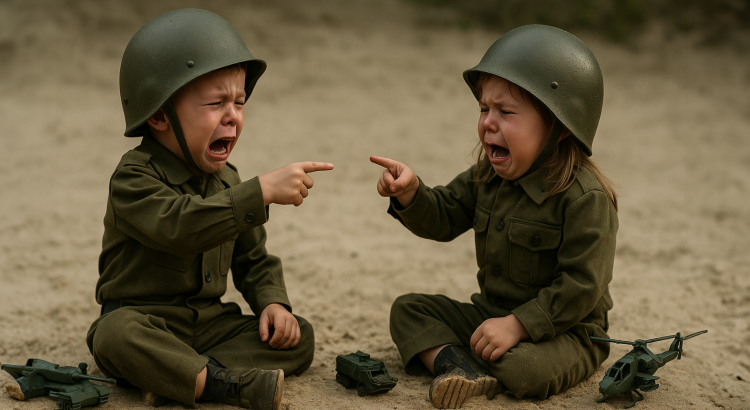On Episode 607 of Afford Anything, Paula Pant said the following, and I’m paraphrasing:
“Wealth, health, and relationships: these are the fundamental building blocks of our lives. Yet we don’t get any education in them.”
Setting wealth and health aside for now…
Assuming we want to deeply relate to other humans (and not stay shallow, silly, and avoidantly attached for the rest of our lives), we can ask these questions:
1 – Are there science-based, concrete skills that can help us?
2 – If YES, shouldn’t we want to know them?
To get very good at something, the obvious path is to: read books, watch videos, seek out experts, ask questions, take classes, practice. Seriously. Make an effort to figure that shit out.
At least a little bit? At least read ONE book about it? No?
If we don’t intentionally learn skills, our chances of a serious relationship succeeding are very low.* When we spend extended time with another person (such as living together), we need to navigate differences as peacefully as possible.
Conflict isn’t bad. It’s guaranteed. What counts is how we handle it.
Without conflict resolution training (the ability to remain calm, listen, talk through specific problems, try to understand each other’s points of view, and agree on practical solutions), it’s a cycle of emotional explosions, escalation, childish insults, finger-pointing, what-abouting, getting even, power struggles, repression, withdrawal, and contempt.
Yeah, I’ve done all of those. If you like that sort of thing, go for it?
As far as I can tell, humans are naturally unskilled at conflict. Especially those who are easily dysregulated (like I am).
But intuition, “Using The Force,” and other pseudosciences aren’t good enough.
Don’t fear understanding. It won’t make you bad at relationship-ing.†
It’s not as mysterious as we think it is. Experts have already identified so many mass patterns of human behavior, so they know a heck of a lot about why our fights go wrong. They have terms for the destructive things we do and say. We are predictable.
(Of course, even if we’ve learned a system, we’ll still make mistakes. Repeatedly. But that’s true of everything in life. Not evidence we don’t need a system.)
Despite my overactive amygdala, I do my best to follow the principles from:
Nonviolent Communication by Marshall Rosenberg
The Games People Play by Eric Berne
Gottman Institute
And Buddhism in general…
*Sure, some people are naturals. But probably not us.
†A lot of musicians are silly about this, too: they refuse to learn music theory. It’s an anti-intellectual myth that says, “You can only be good at music if you don’t understand it.” It’s a cop-out.
